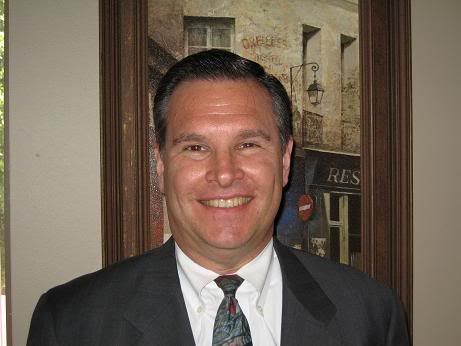"For just as the body is one and has many members, and all the members of the body, though many, are one body, so it is with Christ. For in one Spirit we were all baptized into one body—Jews or Greeks, slaves or free—and all were made to drink of one Spirit. For the body does not consist of one member but of many. If the foot should say, because I am not a hand, I do not belong to the body that would not make it any less a part of the body. And if the ear should say, because I am not an eye, I do not belong to the body that would not make it any less a part of the body. If the whole body were an eye, where would be the sense of hearing? If the whole
body were an ear, where would be the sense of smell? But as it is, God
arranged the members in the body, each one of them, as he chose. If all were a single member, where would the body be? As it is, there are many parts, yet one body. "

Are you a member of the Body of Christ? I’ve been thinking lately about how our understanding of this is affected by our present cultural definition of the term “member”.

"The eye cannot say to the hand, I have no need of you, nor again the head to the feet; I have no need of you. On the contrary, the parts of the body that seem to be weaker are indispensable, and on those parts of the body that we think less honorable we bestow the greater honor, and our unpresentable parts are treated with greater modesty, which our more presentable parts do not require. But God has so composed the body, giving greater honor to the part that lacked it, that there may be no division in the body, but that the members may have the same care for one another. If one member suffers, all suffer together; if one member is honored, all rejoice together."

There is a very strong interconnectedness among our
body parts. Look at your hand for a moment. Can you tell the exact spot where your finger stops and your hand begins; how about where your hand stops and your arm begins? Don’t they kind of meld together as if they were one? The members of our body also have a strong commitment to each other. The finger doesn’t just decide one day that its needs are not being met by this body and go attach itself to another body. It takes some pretty serious conditions for part of the body to be removed. And, it is usually
not a decision made by the body-part to be removed.Our physical body does not have All-Stars and role players quite like a team. Sure, there are some parts that are critical to sustain life, but even they cannot function without other parts. What good is my heart without arteries and veins? If my lungs are healthy, but my liver shuts down – what good are the healthy lungs? To be fully healthy and functional, all of the parts must serve their unique role and work together for the good of the body.
